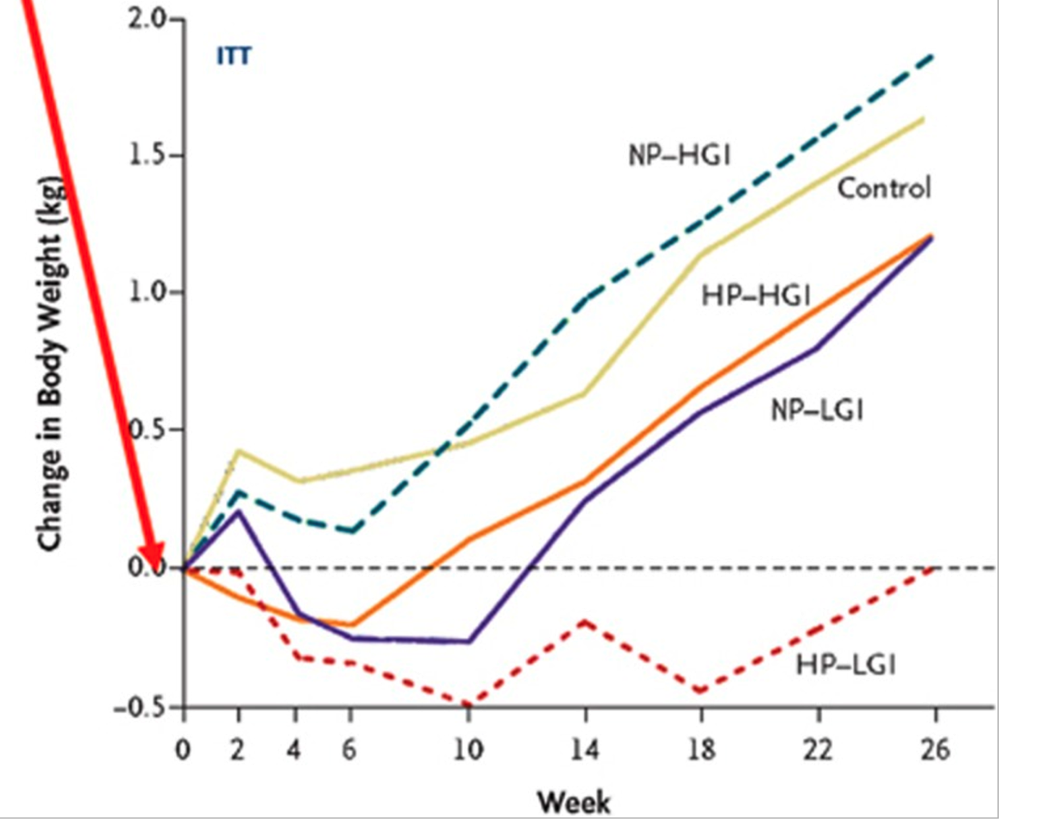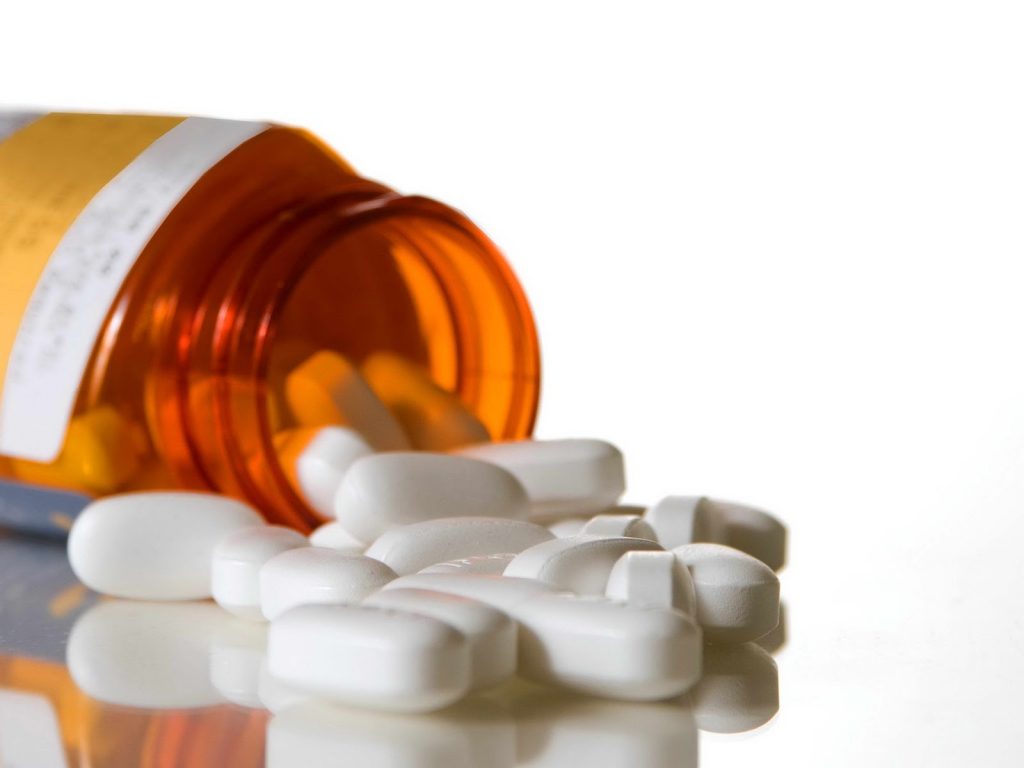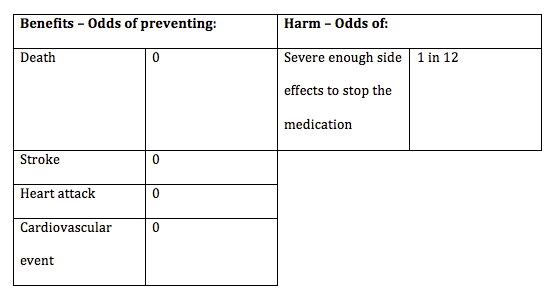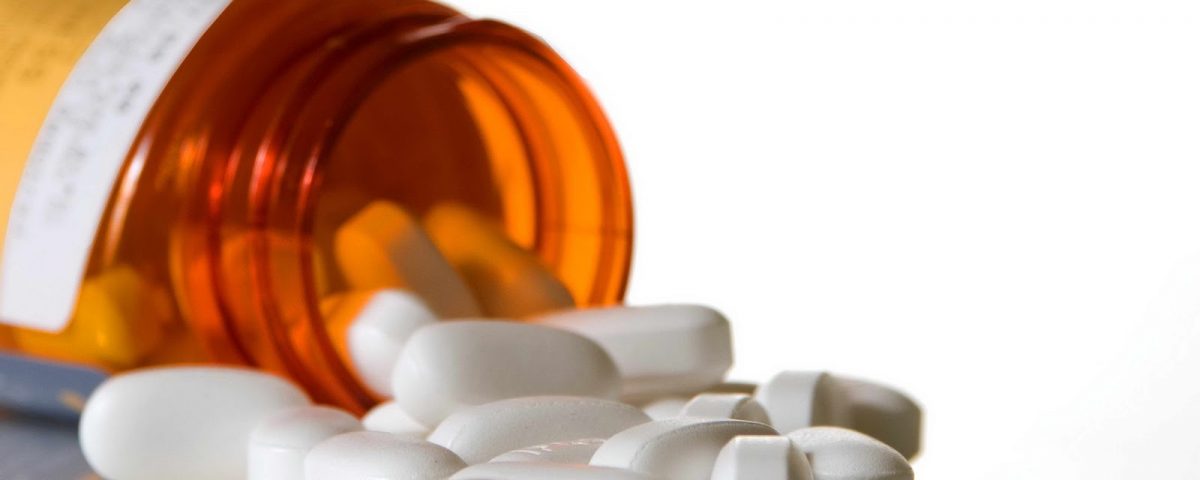Many Americans have asked themselves this question: “can I get off cholesterol medication?” It is also something that you might be wondering yourself. Today, I want to talk to you about the shocking proof that shows how the three top prescriptions do not work as you might expect.
- Have any questions?
- 480-767-9018
- support@in-goodhealth.com

Favorite Thing: High-Powered Chicken Soup
October 28, 2023
How Much Protein is Best for Easy Weight Loss?
November 3, 2023
Favorite Thing: High-Powered Chicken Soup
October 28, 2023
How Much Protein is Best for Easy Weight Loss?
November 3, 2023Hall Passes & Lottery Tickets
As much as I absolutely love learning, I did not always love school. We moved a lot, and I was too shy to do well as the “new kid.” At a new high school, during my freshmen year, I discovered the joys of the hall pass.
Being handed a hall pass gave me a real feeling of freedom. With it, I was safe to evade the pressures of the classroom and wander the halls aimlessly. If a teacher stopped me to see if I should be in class, all I had to do was show my hall pass, and I’d be well on my way. I learned to think of a hall pass as a “get out of jail free” card or a magic talisman.
Many years later, I had a coworker named Michael. Michael was absolutely obsessed with the state lottery. Each time he got paid, he spent a large chunk of his salary on lottery tickets. He would come to work with a fistful of tickets and tell us that his retirement funds were right here in this bunch. But, for as long as I knew him, they never were.
What I am trying to say is in life there are hall passes and there are lottery tickets. Some things can help and protect you, while others only give you the illusion of protection. Michael, for instance, kidded himself with lottery tickets into believing that his retirement was going to be magically well-funded and luxurious.
Today, I want to question the assumptions about how well medications can protect you against high cholesterol, high blood sugar or high blood pressure.

Medications, Medications, Medications
These kinds of medications are so common. Today, a full 61% of adults use as least one drug to treat a chronic health problem1 – that is a 15% rise from 2001. Even more startling is that 1 in 4 senior citizens gulp down at least five medications every single day.
According to the U.S. Centers for Disease Control and Prevention, the percentage of adults taking medications to combat high cholesterol rates rose from 20 to 28% – between 2003 and 2012. These medications are becoming more common, and as a result they are becoming over-prescribed for so many people.
The problem with medications is not that they are 100% ineffective, they actually do have an effect on your body – they are not a placebo. Instead, what they are doing is making you think that you are healthier or safer than you are from the risks associated with conditions like high cholesterol, blood sugar or blood pressure.
High Cholesterol
Last week, a new patient told me she wanted to stop taking her cholesterol pills but was afraid of the potential consequences. Her previous doctor told her she would have a heart attack if she quit taking her pills. To her, the medicine felt like a hall pass that was protecting her from heart disease.
Let’s get into the actual numbers and see if this patient’s belief about her medication was a hall pass or a lottery ticket.
In the case of my patient, she had never had a heart attack. She was in her mid-50s, had high LDL cholesterol and a family history of heart disease. Based on studies involving 65,229 participants, here are the odds of the medication helping or hurting her2:

This is not a hall pass. At best, it is a lottery ticket. The odds of the cholesterol medication doing anything helpful are 1 in 104 (for a man). That means if 208 people, like my patient, were divided into two groups, and one group took cholesterol pills and the other did not, the group on medicine would see one less heart attack overall.
Interestingly, even though they would have one less heart attack, they would have no fewer deaths. Any reduction in death from heart disease would be outweighed by deaths from other causes. The odds of muscle damage were 10 times higher than the odds of preventing a heart attack. If this is not bad enough, the possible benefits may be even lower in women.3
There are also side effects, which include:
- Liver Damage
- High Risk of Diabetes
- Brain Damage
- Nerve Pain
- Fatigue
Key Insight: Even if these medications lower blood cholesterol levels, they do not lower the risk of heart attacks.
High Blood Sugar
What about pills for blood sugar? Let’s take a look at some more numbers. Here are the results of over 35,000 people on medications to aggressively control blood sugar4:

What does this all mean? This large study showed that medications provided no benefits whatsoever towards the chances of preventing diabetics from dying, having a stroke, having a heart attack or suffering from kidney failure.
The sole possible benefit was that medication may cause 1 less person in 250 to have a limb amputated from diabetic complications – that’s right, just 1 person. At the same time, the risk of overall harm was much higher. Participants actually had a 1 in 6 chance of hypoglycemic reactions dangerous enough to require hospitalization.
Key Insight: Even when these medications lower blood sugar levels, they do not lower the risks that go along with high blood sugar.
Forgive me, this is a dark analogy, but it really helps us see the point. Imagine a tragic funeral, mourning the loss of a young family man to diabetes. Now imagine the pastor telling the audience that even though we lost him at such a young age, we can all take comfort in the fact that his medications lowered his blood sugar levels. No, unfortunately, we cannot do that. Lower blood sugar means nothing when the risks are still present.
So, what I am trying to communicate here is that even though these medications have an effect on one aspect of an issue – like high blood sugar – it does not discount the associated risks.
High Blood Pressure
What about blood pressure treatment, that has to be different, right? Let’s look at those numbers – surely there must be a difference!
The following table shows the outcome from over 8,900 people given blood pressure medications for blood pressure levels as high as 159/99.5

The main consequences we think about for high blood pressure are death, stroke, heart attack, and other cardiovascular events. The medications provided no measurable benefit to any of these very real outcomes.
Key Insight: Even when these medications lower blood pressure, they do not lower the complications associated with these issues.
What do these outcomes prove? Medications do not work well for chronic diseases. Even when they do lower the marker of illness, like high cholesterol, high blood sugar or high blood pressure, they do nothing to prevent what matters: the complications which can result in tragedy.
I would argue that the dangers of these medications are even larger than it might seem because of the false sense of security they provide. Who will try harder to improve their health: someone who feels they need to, or someone who believes that a pill is protecting them? Many have the impression that radical, lifestyle change might be a nice idea, but pills are more powerful.
In Conclusion: After looking at the hard numbers, are pills hall passes, protecting us from chronic diseases? On the contrary, it’s easy to see that at best, pills are lottery tickets.
Understand and Share
Please know that pills only provide a false sense of security for patients. They are not a solution, and they often cause us to ignore the larger issues facing our health today.
Do you take pills for your cholesterol, blood pressure, or cholesterol? Please read this article carefully and share it with any loved ones on the same pills.
1 – https://health.usnews.com/
2 – https://www.ncbi.nlm.nih.gov/pubmed/20585067
3 – https://www.ncbi.nlm.nih.gov/pmc/articles/PMC3709236/
4 – https://www.ncbi.nlm.nih.gov/pubmed/21678374
5 – https://www.ncbi.nlm.nih.gov/pubmed/22895954

P.S. Whenever you are ready, here is how I can help you now:
- Schedule a Thyroid Second Opinion with me, Dr. C, Click Here for Details
- Need help to choose supplements? Click ‘Help Me Decide Here'
- Get my top books Here
Dr. Alan Glen Christianson (Dr. C) is a Naturopathic Endocrinologist and the author of The NY Times bestselling Hormone Healing Cookbook, The Metabolism Reset Diet, and The Thyroid Reset Diet.
Dr. C’s gift for figuring out what works has helped hundreds of thousands reverse thyroid disease, heal their adrenals, and lose weight naturally. Learn more about the surprising story that started his quest.







